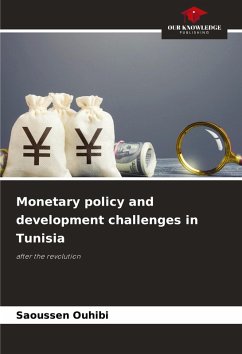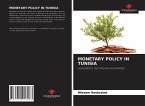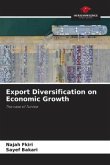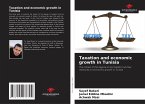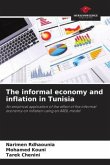Since the 2011 revolution, Tunisia has faced major economic and social challenges, exacerbated by persistent macroeconomic imbalances. Monetary policy, traditionally focused on price stability, has had to evolve in response to a rapidly changing economic environment marked by slowing growth, high inflation, endemic unemployment and foreign exchange market tensions.The aim of this book is to examine post-revolutionary monetary policy reforms and adjustments, highlighting the dilemmas faced by the Central Bank of Tunisia. On the one hand, the need to support economic growth and, on the other, the priority of maintaining financial stability in a context of growing indebtedness, deteriorating public finances and political instability.
Bitte wählen Sie Ihr Anliegen aus.
Rechnungen
Retourenschein anfordern
Bestellstatus
Storno

